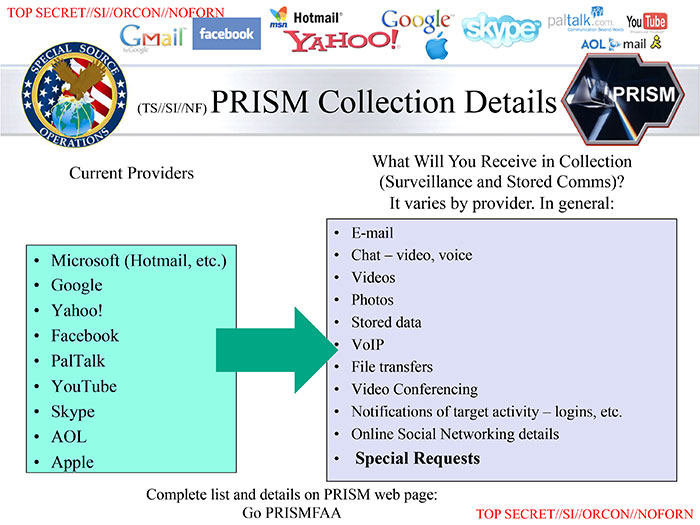|
Cybergeddon
Cybergeddon (from tech. ''cyber-'', lit. "computer"; Hebrew: ''Megiddo'', extracted from ''Har Megiddo'' ("mountain of final battle")) refers to cataclysm resulting from a large-scale sabotage of all computerized networks, systems and activities. It combines cyberterrorism, cyberwarfare, cybercrime, and hacktivism into scenarios of wide-scale internet disruption or economic collapse. Economic or industrial infrastructure could be targeted, such as banks or industrial control systems. Since 2012, the number of Internet-based attacks and their complexity has increased. "Cybergeddon is a possibility," FireEye CEO Ashar Aziz explained in an interview with Bloomberg: "Attacks on critical infrastructures such as the power grid or financial institutions could wreak havoc not just on United States economy, but in fact, the world economy." The Defense Technical Information Center cited nuclear electromagnetic pulse A nuclear electromagnetic pulse (nuclear EMP or NEMP) is a burst ... [...More Info...] [...Related Items...] OR: [Wikipedia] [Google] [Baidu] |
Cyberterrorism
Cyberterrorism is the use of the Internet to conduct violent acts that result in, or threaten, the loss of life or significant bodily harm, in order to achieve political or ideological gains through threat or intimidation. Acts of deliberate, large-scale disruption of computer networks, especially of personal computers attached to the Internet by means of tools such as computer viruses, computer worms, phishing, malicious software, hardware methods, programming scripts can all be forms of internet terrorism. Cyberterrorism is a controversial term. Some authors opt for a very narrow definition, relating to deployment by known terrorist organizations of disruption attacks against information systems for the primary purpose of creating alarm, panic, or physical disruption. Other authors prefer a broader definition, which includes cybercrime. Participating in a cyberattack affects the terror threat perception, even if it isn't done with a violent approach. By some definitions, it mi ... [...More Info...] [...Related Items...] OR: [Wikipedia] [Google] [Baidu] |
Cyberwarfare
Cyberwarfare is the use of cyber attacks against an enemy state, causing comparable harm to actual warfare and/or disrupting vital computer systems. Some intended outcomes could be espionage, sabotage, propaganda, manipulation or economic warfare. There is significant debate among experts regarding the definition of cyberwarfare, and even if such a thing exists. One view is that the term is a misnomer, since no cyber attacks to date could be described as war. An alternative view is that it is a suitable label for cyber attacks which cause physical damage to people and objects in the real world. Many countries including the United States, United Kingdom, Russia, China, Israel, Iran, and North Korea have active cyber capabilities for offensive and defensive operations. As states explore the use of cyber operations and combine capabilities, the likelihood of physical confrontation and violence playing out as a result of, or part of, a cyber operation is increased. However, meeti ... [...More Info...] [...Related Items...] OR: [Wikipedia] [Google] [Baidu] |
Cybercrime
A cybercrime is a crime that involves a computer or a computer network.Moore, R. (2005) "Cyber crime: Investigating High-Technology Computer Crime," Cleveland, Mississippi: Anderson Publishing. The computer may have been used in committing the crime, or it may be the target. Cybercrime may harm someone's security or finances. There are many privacy concerns surrounding cybercrime when confidential information is intercepted or disclosed, lawfully or otherwise. Internationally, both governmental and non-state actors engage in cybercrimes, including espionage, financial theft, and other cross-border crimes. Cybercrimes crossing international borders and involving the actions of at least one nation-state are sometimes referred to as cyberwarfare. Warren Buffett describes cybercrime as the "number one problem with mankind" and said that cybercrime "poses real risks to humanity." A 2014 report sponsored by McAfee estimated that cybercrime resulted in $445 billion in annual damage ... [...More Info...] [...Related Items...] OR: [Wikipedia] [Google] [Baidu] |
Hacktivism
In Internet activism, hacktivism, or hactivism (a portmanteau of ''hack'' and ''activism''), is the use of computer-based techniques such as hacking as a form of civil disobedience to promote a political agenda or social change. With roots in hacker culture and hacker ethics, its ends are often related to free speech, human rights, or freedom of information movements. Hacktivist activities span many political ideals and issues. Freenet, a peer-to-peer platform for censorship-resistant communication, is a prime example of translating political thought and freedom of speech into code. Hacking as a form of activism can be carried out through a network of activists, such as Anonymous and WikiLeaks, or through a singular activist, working in collaboration toward common goals without an overarching authority figure. "Hacktivism" is a controversial term with several meanings. The word was coined to characterize electronic direct action as working toward social change by combining pro ... [...More Info...] [...Related Items...] OR: [Wikipedia] [Google] [Baidu] |
Internet Disruption
The Internet (or internet) is the global system of interconnected computer networks that uses the Internet protocol suite (TCP/IP) to communicate between networks and devices. It is a '' network of networks'' that consists of private, public, academic, business, and government networks of local to global scope, linked by a broad array of electronic, wireless, and optical networking technologies. The Internet carries a vast range of information resources and services, such as the inter-linked hypertext documents and applications of the World Wide Web (WWW), electronic mail, telephony, and file sharing. The origins of the Internet date back to the development of packet switching and research commissioned by the United States Department of Defense in the 1960s to enable time-sharing of computers. The primary precursor network, the ARPANET, initially served as a backbone for interconnection of regional academic and military networks in the 1970s to enable resource sharin ... [...More Info...] [...Related Items...] OR: [Wikipedia] [Google] [Baidu] |


